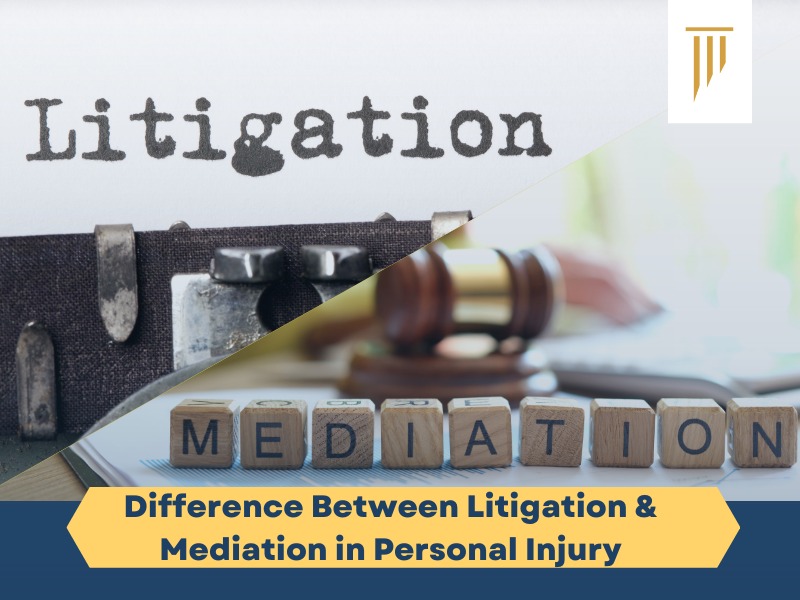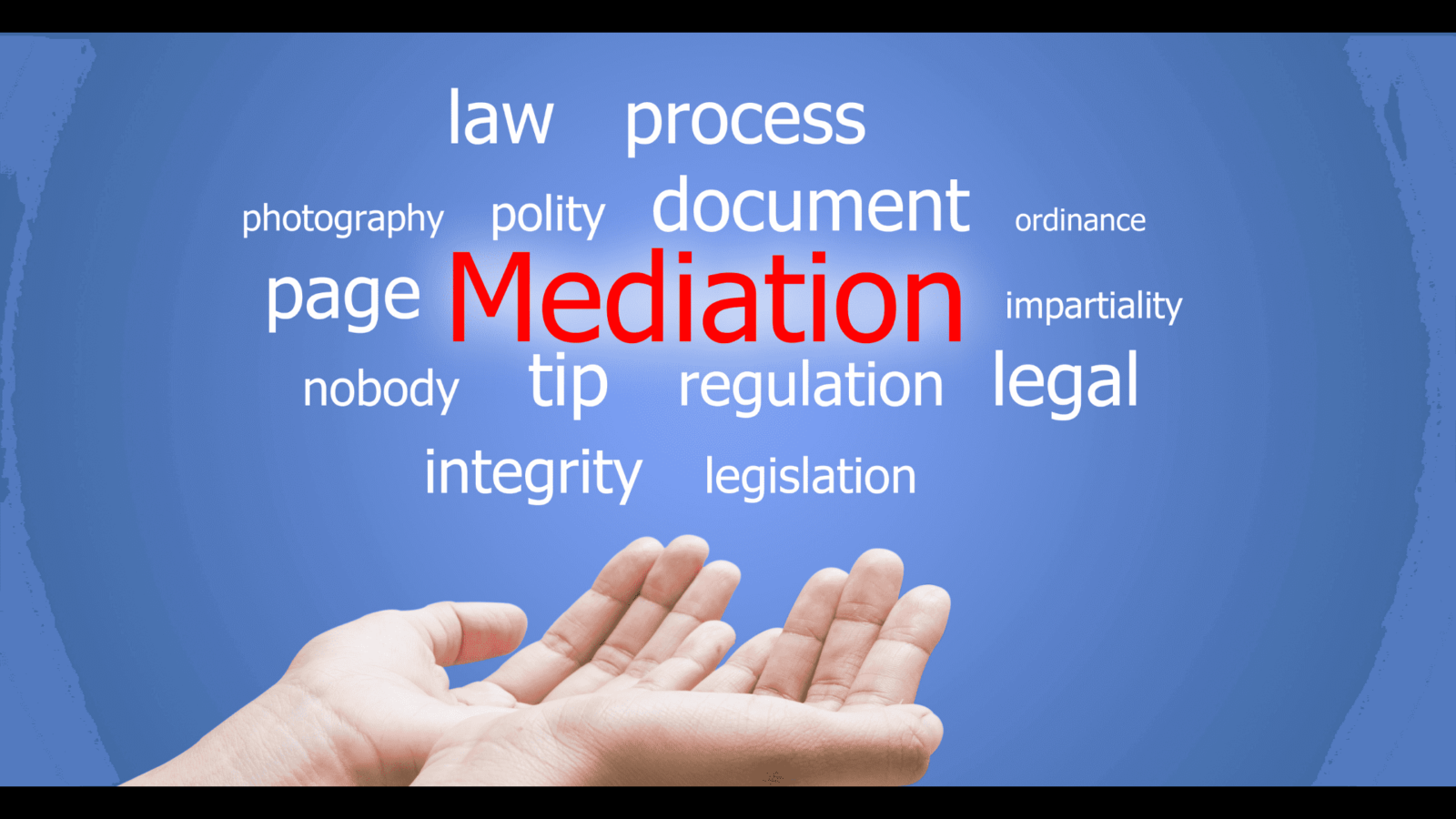Mediation vs. Litigation: Which is Right for Your Case?

When facing a legal dispute, one of the most important decisions you will make is whether to pursue mediation or litigation. Both approaches have distinct advantages and disadvantages, depending on the specifics of your case. Understanding the key differences between mediation and litigation can help you choose the path that best suits your needs.
What is Mediation?

Mediation is a voluntary, confidential process where both parties in a dispute work with a neutral third party—a mediator—to reach a mutually agreeable solution. The mediator does not impose a decision but facilitates communication and negotiation between the parties. Mediation is commonly used in family law cases, business disputes, employment conflicts, and small claims matters.
What is Litigation?
Litigation, on the other hand, is the formal legal process of resolving disputes through the court system. It typically involves attorneys representing the parties, the filing of legal documents, and a trial in front of a judge or jury. The court then issues a legally binding decision, which can be appealed by either party if they are dissatisfied with the outcome.
Key Differences Between Mediation and Litigation

- Cost and Time One of the most significant differences between mediation and litigation is the cost and time involved. Mediation is generally faster and less expensive than litigation. Court cases can take months, if not years, to resolve, and the costs for attorney fees, court filings, and expert witnesses can be substantial. In contrast, mediation sessions can often be completed in a matter of weeks, with significantly lower costs.
- Control Over the Outcome In mediation, the parties have control over the final resolution. Since the mediator facilitates rather than dictates, both parties must agree to the settlement. This collaborative approach allows for creative solutions that meet the unique needs of both parties. In litigation, the final decision is made by a judge or jury, and the outcome is often unpredictable. You may end up with a resolution that neither party is satisfied with.
- Privacy Mediation offers greater privacy than litigation. Court proceedings are typically part of the public record, meaning that anyone can access details of the case, including sensitive information. Mediation, on the other hand, is confidential, and the discussions that take place during the process are not disclosed outside of the mediation room. This is particularly important in cases where privacy is a priority, such as in business disputes or family matters.
- Adversarial vs. Cooperative Litigation is inherently adversarial. Each party is trying to “win” their case, which can lead to heightened conflict, stress, and damaged relationships. Mediation, however, is designed to be a cooperative process where both parties work together to find common ground. This can help preserve relationships and lead to more amicable resolutions. Mediation is often preferred in cases where the parties need to maintain ongoing relationships, such as in divorce cases involving children or business partnerships.
- Enforceability While mediation agreements are legally binding once signed by both parties, they require both parties’ cooperation to enforce. In contrast, court judgments are backed by the full power of the legal system, including mechanisms like garnishment of wages or property seizure for enforcement. This can be an important consideration in cases where one party may not willingly adhere to the terms of a settlement.
Which is Right for Your Case?
Choosing between mediation and litigation depends on several factors:
- Complexity of the Case: If the case involves complex legal issues or large sums of money, litigation might be necessary to ensure a fair and comprehensive resolution.
- Relationship Between the Parties: If the parties have an ongoing relationship (such as business partners or co-parents), mediation can be a more harmonious and sustainable way to resolve the dispute.
- Desire for Privacy: If privacy is a key concern, mediation offers a confidential alternative to public court proceedings.
- Likelihood of Settlement: If both parties are willing to compromise and work toward a mutual agreement, mediation can save time and resources. If one party is uncooperative or combative, litigation might be the only viable option.
Conclusion

Mediation and litigation each have their own advantages, and the right choice depends on the specifics of your case. Mediation offers a faster, less costly, and more private resolution, with a focus on collaboration and preserving relationships. Litigation provides a formal process with enforceable outcomes but can be lengthy, expensive, and more adversarial. Consulting with an experienced attorney can help you determine which option is best for your unique situation.


Add a Comment